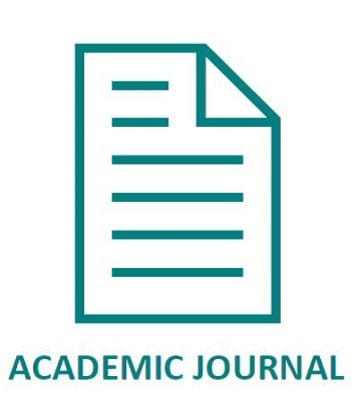Flexible adaptation planning process for urban adaptation in Melbourne
Abstract
Resilience towards climate and socio-economic change can be increased by means of flexible adaptation. In contemporary adaptation planning, building resilience is considered together with objectives such as sustainability, productivity and transformations. An adaptation planning process (termed WSCapp) may be used to incorporate flexibility or incremental flexible adaptation measures in a comprehensive adaptation strategy, such as when planning water sensitive cities. This paper has applied WSCapp in the context of adapting to urban flooding in Melbourne, which aspires to become a water sensitive city. Application of WSCapp – through nine steps of analysis – has helped to identify appropriate adaptation measures; and economic adaptation pathways. In the case of Melbourne, of the three adaptation measures considered, the combination of rain water tanks at household level and the flood proofing of households was found to be most effective. WSCapp is fundamental for future work with urban planning and infrastructure consultants and can greatly benefit them at obtaining more flexible and sustainable flood management response.
